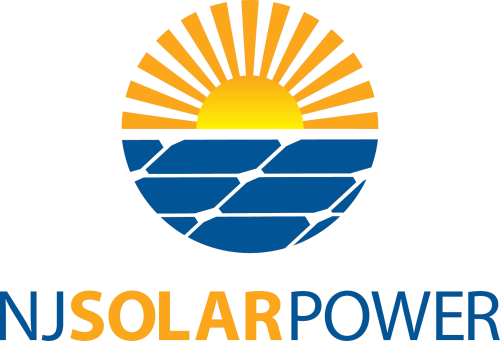The decision to switch your business to solar is one that many business owners would like to make, but worry that they cannot afford. Solar power is better for the environment and offers businesses the ability to use back-up power from a storage solution when the power supply is threatened. Additionally, after installation costs are recouped, solar power can greatly reduce or even eliminate the monthly electric bills for many businesses. Despite all of these advantages, many business owners are still reluctant to convert to solar because they fear the cost of conversion. Here are six things to keep in mind when considering both long-term and short-term costs.
- Get Paid to Produce Energy. If you have a large enough solar system that is capable of producing more energy than you use, then you can actually become a mini-electricity generator. In a program known as net energy metering, you can then sell back that electricity to the grid and be compensated for it at the retail energy rate. Usually this occurs in the form of credits to your electric bill. It can be set up in multiple ways; some electricity providers require you to use all of the credits each month, while others allow you to roll them over until they are completely used.
- Another Way to Get Paid to Produce Energy. You can also earn actual cash for producing solar power. If you track the amount of Solar Renewable Energy Credits you receive by producing renewable energy, you can sell them to other organizations, which can help offset your purchase and installation costs for your solar system.
- Federal Tax Credits. The Solar Investment Tax Credit refers to a tax credit established by federal policies that encourage businesses to convert to solar energy. While it does not allow businesses to get reimbursed for the entire amount of the cost of solar, it does allow them to recover a portion of the amount spent in the form of a credit against the business’s income taxes. The portion that businesses can recover is roughly 26% of the cost of the solar project. Therefore, if a business is considering converting to solar power, it could mean tens of thousands of dollars in savings to make the switch now instead of in the next few years.
- State and Local Credits and Programs. Many local areas are also encouraging the transition to solar. The Database of State Incentives for Renewables & Efficiency can help you identify programs that may offer additional rebates, incentives, and other programs that can make solar much more affordable for your business.
- Take Advantage of Utility Rates. Commercial electricity rates are not always straightforward, because they depend on both your usage and the overall demand. While high energy users may get lower rates per kilowatt hour, they can actually pay much more when they do not hit this maximum usage. Any solar system installation should be accompanied by a thorough review of the company’s energy usage and a choice of an electricity program that will reward reduced usage with lower low-usage pricing.
- Create a Generator. One of the best things about a solar system is that you can include solar battery storage to provide emergency solar power when there is a disruption to the power supply. How long this power supply lasts depends on a number of factors, such as the number of batteries you have installed and the power demand for your business, but it can serve many of the same functions as a generator system. They can also be used in non-emergency conditions to help you meet peak demand times without drawing from the grid.
